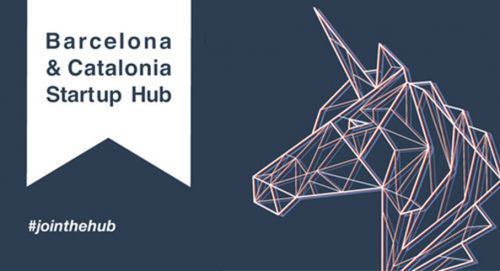
23/07/2020
Catalan start-ups know how to attract funding
Catalan start-ups know how to attract funding
On July 14, CaixaBank and IESE Business School presented the first study on the entrepreneurial ecosystem in Spain and Portugal.
According to the analysis based on 993 representative start-ups from the Iberian Peninsula (25% of the fabric according to the report), among the 272 start-ups that achieved their last round of financing between 2018 and 2019, 71 Catalan start-ups succeeded in attracting €25.4 million of the total €77 million raised. They are followed by Madrid (17.2 million, 58 start-ups) and the Valencian Community (9.8 million, 20 start-ups). Including all the possible sources of funding, the report estimates that start-ups raised more than €700 million in the last two years, including 500 million in capital, 4 times more than in the previous report.
The Environmental Impact sector is the most represented (24%), followed by Health (14%), PropTech (technology / real estate sector) (11%) and Mobility (9%). Regarding the most outstanding technologies on which their products/services are based, 51% are defined as Software & Platforms, 36% are based on Data Analysis, 24% on Artificial Intelligence and 20% on the Internet of Things (IoT).
IESE head of the study Maria Júlia Prats estimates that these companies will need another €700 million for the next 2-5 years to remain well capitalized, without counting the coronavirus factor that could require twice as much.
According to the analysis based on 993 representative start-ups from the Iberian Peninsula (25% of the fabric according to the report), among the 272 start-ups that achieved their last round of financing between 2018 and 2019, 71 Catalan start-ups succeeded in attracting €25.4 million of the total €77 million raised. They are followed by Madrid (17.2 million, 58 start-ups) and the Valencian Community (9.8 million, 20 start-ups). Including all the possible sources of funding, the report estimates that start-ups raised more than €700 million in the last two years, including 500 million in capital, 4 times more than in the previous report.
The Environmental Impact sector is the most represented (24%), followed by Health (14%), PropTech (technology / real estate sector) (11%) and Mobility (9%). Regarding the most outstanding technologies on which their products/services are based, 51% are defined as Software & Platforms, 36% are based on Data Analysis, 24% on Artificial Intelligence and 20% on the Internet of Things (IoT).
IESE head of the study Maria Júlia Prats estimates that these companies will need another €700 million for the next 2-5 years to remain well capitalized, without counting the coronavirus factor that could require twice as much.
More news
16/09/2014
SENER awarded its first contract with Embraer
09/09/2014
From brick to neuron
02/09/2014
The UAB University is strengthening its position in the Shanghai ranking
27/08/2014
Ascamm develops a drone for rescues
20/08/2014
SENER and ESA reach an agreement for the prime contractor role on the Proba 3 mission
06/08/2014
The Catalan Institute for Nanoscience and Nanotechnology receives the Severo Ochoa accreditation









